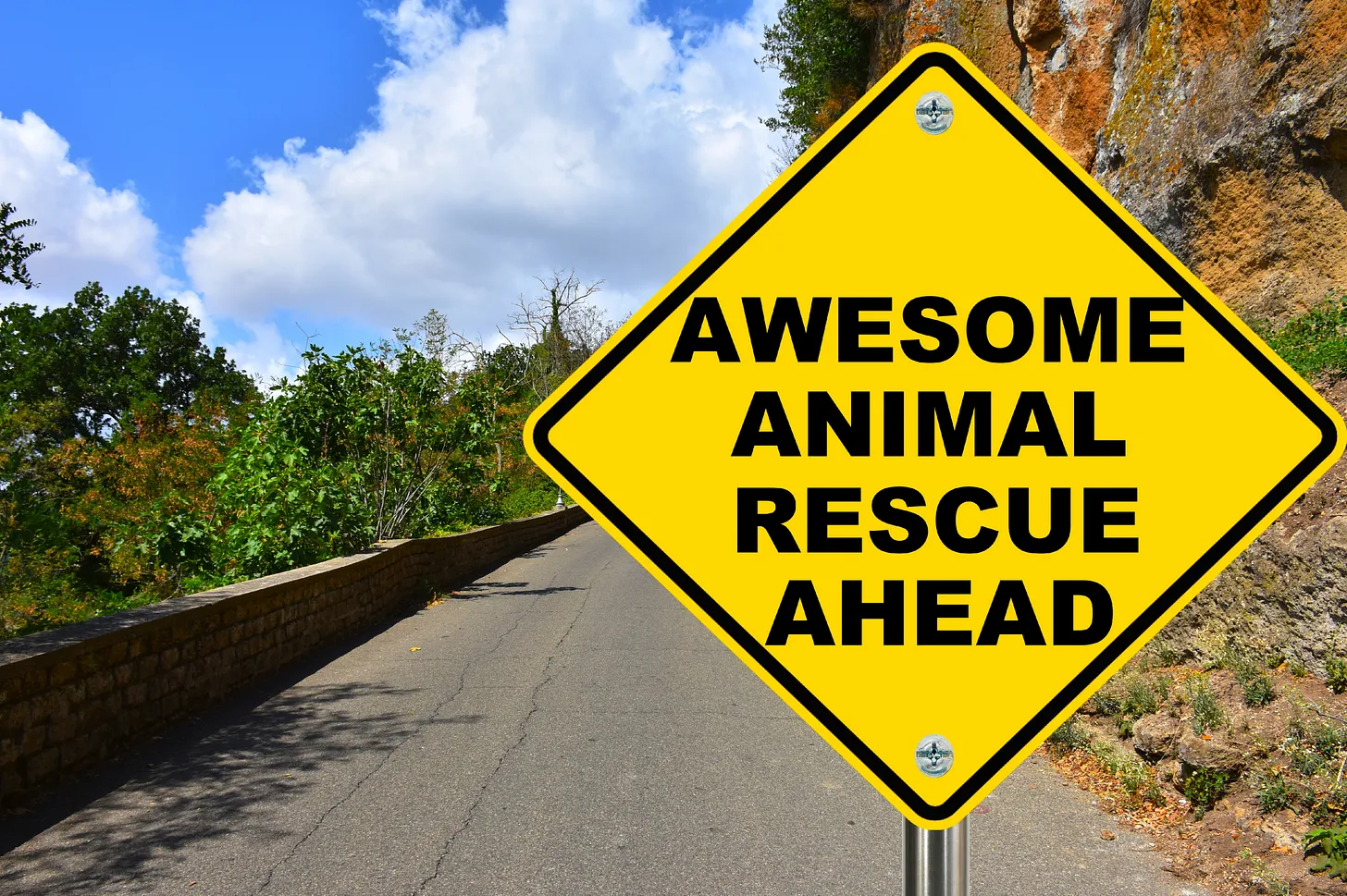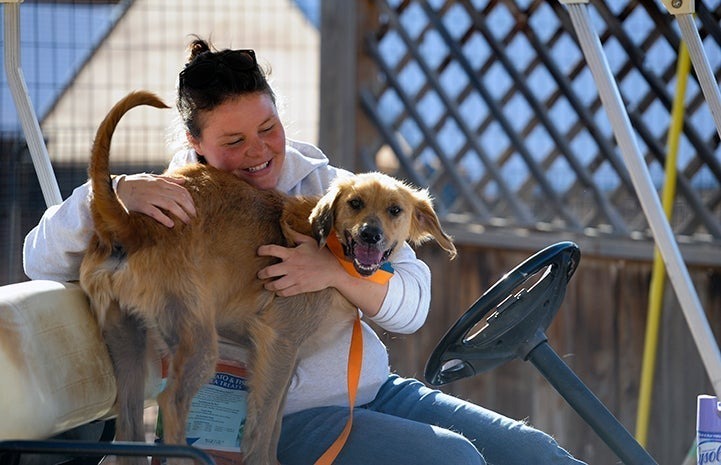Starting an animal rescue is one of the most compassionate and impactful things you can do for animals in need. But while the goal of saving lives is noble, the journey itself is filled with emotional, financial, and logistical challenges that most people never expect. If you’re thinking about launching your own rescue, it’s important to go in prepared—with clarity, purpose, and a realistic understanding of what lies ahead.
Here are eight essential things to know before starting an animal rescue, based on real-world experience and years of hands-on dedication.
1. Starting a Nonprofit Rescue Is Like Running a Business (But Harder)
Most people associate animal rescue with compassion and cuddles—but behind every successful rescue is a mountain of paperwork, logistics, and compliance. To operate legally as a nonprofit, you’ll need to apply for 501(c)(3) tax-exempt status, which includes:
- Filing incorporation documents
- Drafting bylaws
- Creating a board of directors
- Submitting IRS Form 1023
- Registering with your state’s charity office
And it doesn’t stop there. You’ll be responsible for annual tax filings, donation tracking, fundraising, financial reports, and volunteer management. In short: starting an animal rescue means starting a nonprofit business. Be prepared to wear many hats—especially in the beginning.

2. You Won’t Get Rich—And That’s OK
Most rescue founders and volunteers operate on passion, not paychecks. Some nonprofits pay staff, but many small or grassroots rescues rely solely on volunteers. Even if you build a well-run organization, financial challenges are ongoing. Donations fluctuate. Medical bills appear unexpectedly. Emergencies are common.
Many rescue leaders fund basic operations from their own pockets during lean months. That means sacrificing personal time, energy, and resources. The reward? Knowing you’re making a real difference in animals’ lives. But if financial gain is your goal, rescue work is not the path.

3. People Will Let You Down
Working in rescue can be emotionally fulfilling—but also emotionally exhausting. Despite your best efforts, people may disappoint you:
- Adopters might back out last minute
- Long-term fosters may return animals unexpectedly
- Volunteers may lose interest
- Promised donations may never arrive
These situations happen regularly. It’s important not to take them personally. Building resilience and staying focused on the animals will help you push through the setbacks.

4. Animals Evoke Passion—Prepare for Emotional Highs and Lows
Rescue work brings intense emotions. Joy when a long-overlooked senior dog finds a home. Heartbreak when a medical case doesn’t survive. Anger when you hear about neglect. Compassion fatigue is real, and burnout is common.
You’ll encounter messages that say things like: “This dog dies today!” or “Can you take one more?” And sometimes, even with your best efforts, you’ll lose animals you fought hard to save.
Balancing your empathy with boundaries is crucial. Celebrating victories—no matter how small—and leaning on your support network can help sustain your mission.

5. You’ll Question Your Abilities—And Grow From It
You may start your rescue journey with a strong background in business, law, or animal care. Still, the challenges of starting an animal rescue will humble you. You’ll make mistakes—maybe misread an animal’s behavior or choose a difficult adoption match. That’s part of the process.
The key is to learn continuously. Over time, you’ll gain confidence and discover your strengths. You’ll also identify your rescue’s unique focus—your niche—which will set your organization apart and guide your long-term mission.

6. Your Rescue Will Find Its Niche
Large rescue organizations often focus on volume, but smaller rescues can have a big impact by serving a specific community or need. Whether your passion is for senior dogs, special needs cats, medically complex animals, or overlooked breeds, you’ll eventually define your niche.
This clarity helps with:
- Building a targeted supporter base
- Attracting adopters who share your mission
- Creating consistent fundraising campaigns
Your rescue’s identity will grow from the animals you save and the people you serve. Embrace it, and let it evolve naturally.
7. You’ll Build a Rescue Family
One of the most beautiful parts of running a rescue is the community you build along the way. From adopters and fosters to volunteers and donors, you’ll form deep bonds with people who share your values.
These connections go beyond animals. They turn into lifelong friendships, collaborations, and moments of shared joy. Whether it’s a foster who becomes a best friend or an adopter who joins your board, these relationships are the heart of a thriving rescue.

8. There Will Always Be One More Animal to Save
You may plan to rescue five dogs this month—then get calls about five more in urgent need. You might think you’re taking a break—only to find out a hospice foster is available for an animal who has days left. The work never ends, and your to-do list will always grow.
But that’s the nature of rescue. The more lives you save, the more your network grows—and the more requests for help you’ll receive.
Setting clear boundaries and practicing self-care will help you stay in this work for the long haul.

Final Thoughts: Is Starting an Animal Rescue Right for You?
Starting an animal rescue is rewarding, but it’s also incredibly demanding. It requires long hours, emotional strength, and a deep commitment to serving animals and their communities. If you’re still reading this and feel more energized than discouraged—you might just be the kind of person rescue animals need most.
Before you begin, consider these tips:
- Talk to leaders of other rescue groups
- Volunteer first to gain firsthand experience
- Build a support network early
- Research local laws, zoning, and licensing requirements
- Start with a small, manageable scope
The world needs more people willing to help animals in need. If you’re ready to take the leap, your compassion can become a powerful force for good.















Leave a Reply